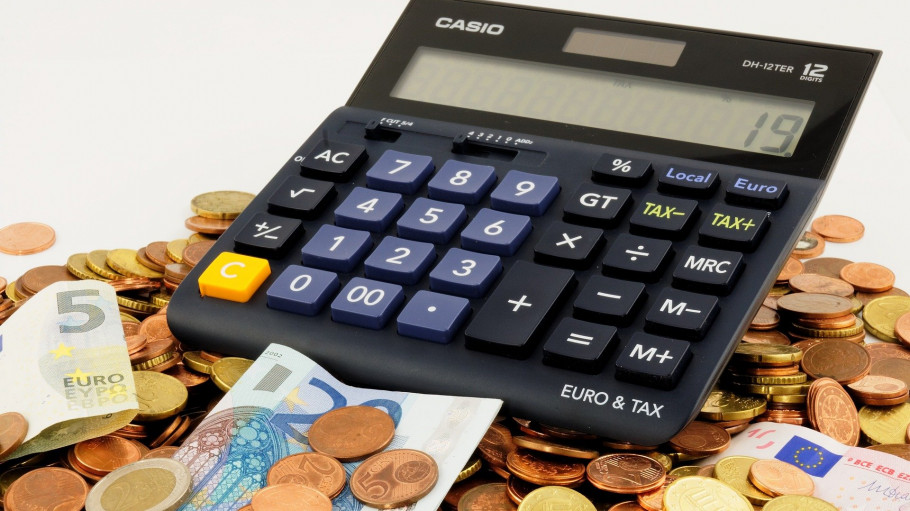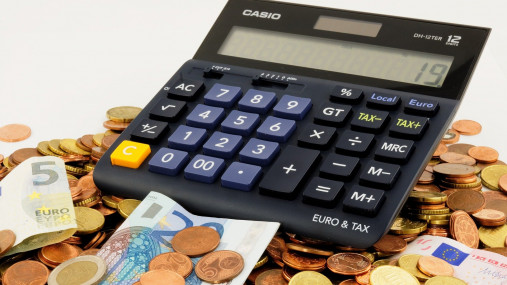
Publications » Position papers » EUROFER feedback on the draft EU taxonomy article 8 delegated act
EUROFER feedback on the draft EU taxonomy article 8 delegated act
Downloads and links
Recent updates

The European steel industry, represented by EUROFER, is progressively transitioning towards ‘greener’ solutions and plays a crucial role in moving towards a carbon neutral economy. The sector is considered a transitional activity for the objective of Taxonomy climate change mitigation. Transitional activities are those economic activities for which there is currently no technologically and economically feasible low carbon alternative, but that are taking actions for transitioning towards a climate neutral economy.
In order to reach the EU’s ambitious reduction target for 2030 and climate neutrality in 2050, novel technologies need to be demonstrated and scaled-up, which will require large and significant CAPEX investments, as well as increased OPEX for production in Europe. Given the magnitude of such investments, the EU taxonomy system must be developed to meet the scientifically based targets under 2030 and 2050, while at the same time allowing financing for activities contributing and transitioning to the EU climate and environmental goals, such as steel manufacturing.
Furthermore, taxonomy, its delegated acts and the relating reporting obligations should take into account the complexity of the steel sector: as a matter of fact, this is the only industrial sector for which the Delegated Act on climate mitigation and adaptation includes several technical screening criteria to comply with, covering different sub-activities and phases of the steel making process. This implies that the steel “activity” will need to be assessed against each and one of these criteria. It is therefore crucial that the reporting obligations set in accordance with Art. 8 of the Taxonomy Regulation are clear, legally certain, and that additional economic and administrative burdens for undertakings are prevented or limited.
With this in mind and in the light of the ongoing work of the European Commission on the Art. 8 Delegated Act, EUROFER wishes to submit its comments and suggestions on the proposed provisions, with the hope that these comments will contribute to current discussions.

Download this publication or visit associated links
A milestone occasion to quickly and effectively restore affordable electricity, to relaunch the
decarbonization and strengthen the international competitiveness of the European steel
industry.
Brussels, 02 December 2025 – Unchanged negative conditions – U.S. tariffs and trade disruptions, economic and geopolitical tensions, protracted weak demand and still high energy prices – continue to weigh on the European steel market. EUROFER’s latest Economic and Steel Market Outlook confirms for 2025 another recession in both apparent steel consumption (-0.2%, unchanged) and steel-using sectors (-0.5%, revised from -0.7%). A potential recovery is expected only in 2026 for the Steel Weighted Industrial Production index (SWIP) (+1.8%, stable) and for apparent steel consumption (+3%, slightly revised from +3.1%) – although consumption volumes would still remain well below pre-pandemic levels. Steel imports retained historically high shares (27%), while exports plummeted (-9%) in the first eight months of 2025.
Fourth quarter 2025 report. Data up to, and including, second quarter 2025